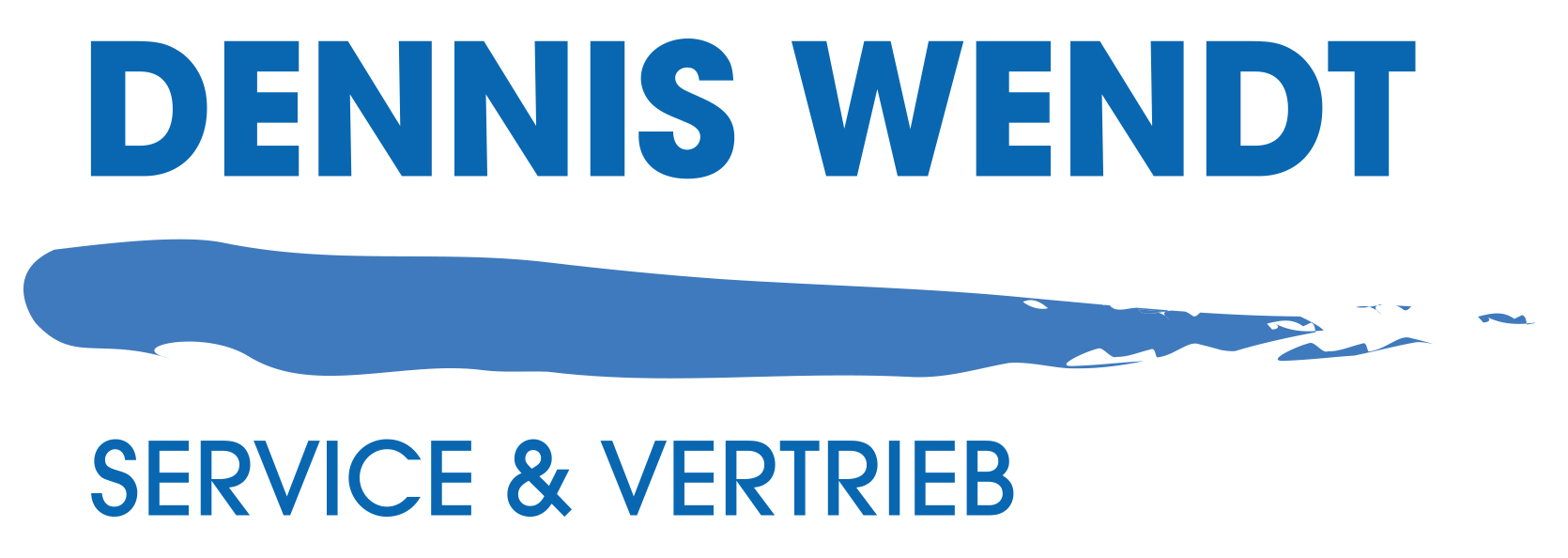Managing cholesterol and lipid levels is essential for maintaining heart health and preventing cardiovascular diseases. Through a combination of diet, lifestyle changes, and medical interventions, individuals can effectively control their cholesterol levels and improve their overall lipid profile.
In the sports pharmacy https://gearbristol.com/ you will find only original anabolic steroids from leading manufacturers – ideal for bulking and cutting.
Dietary Strategies
One of the most effective means of managing cholesterol and lipid levels is through diet. Consider the following strategies:
- Increase Fiber Intake: Foods high in soluble fiber, such as oats, beans, lentils, fruits, and vegetables, can help lower LDL (bad cholesterol).
- Choose Healthy Fats: Replace saturated fats found in red meat and full-fat dairy products with healthier monounsaturated and polyunsaturated fats from sources like olive oil, avocados, and nuts.
- Incorporate Omega-3 Fatty Acids: Foods rich in omega-3s, such as fatty fish (salmon, mackerel), flaxseeds, and walnuts, can reduce triglyceride levels.
- Avoid Trans Fats: Trans fats, often found in processed foods, increase LDL cholesterol and should be avoided.
Lifestyle Changes
Beyond diet, several lifestyle changes can significantly impact cholesterol levels:
- Regular Physical Activity: Aim for at least 150 minutes of moderate-intensity exercise each week to help raise HDL (good cholesterol) and lower LDL.
- Maintain a Healthy Weight: Losing even a small amount of weight can improve cholesterol levels and lower the risk of heart disease.
- Quit Smoking: Stopping smoking improves HDL cholesterol and benefits heart health.
- Limit Alcohol Consumption: Moderation is key, as excessive drinking can lead to higher cholesterol levels.
Medical Interventions
In some cases, dietary and lifestyle changes may not be sufficient to manage cholesterol and lipid levels. Medical interventions may be necessary:
- Cholesterol-Lowering Medications: Statins, bile acid sequestrants, and other medications can be prescribed to help manage cholesterol levels.
- Regular Monitoring: Regular check-ups and blood tests are crucial for tracking cholesterol levels and adjusting treatment plans as needed.
By implementing these strategies and working closely with healthcare providers, individuals can effectively manage their cholesterol and lipid levels, promoting long-term health and reducing the risk of heart disease.


Neueste Kommentare